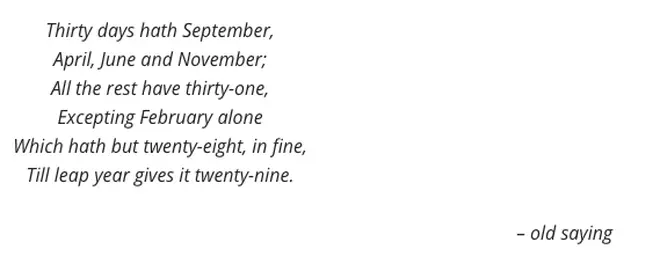Leap year traditions: From women's proposals to birthdays and bad luck
29 February 2020, 13:29 | Updated: 29 February 2020, 16:26

February 29th only comes around every four years but what exactly does a leap year mean?
The main reason is to keep the year's calendar accurate.
It takes 365 ¼ days for the earth to rotate but there are 365 days in a year, hence once every four years there is an extra day to balance this. It was added to February because it is the shortest month of the year.
For many years it was tradition for men to ask woman for their hand in marriage - but the most well-known Leap Year tradition is that February 29th is a day for women to ask their loved ones to marry them.
Read more: Heart Breakfast's Leap Year Proposals: See five couples get engaged live on air!
TOWIE favourite Gemma Collins has teased fans she may have proposed to long-term partner James Argent on Instagram today, with a video telling fans: "Did someone day... LEAP YEAR?"
Gemma, who is currently on holiday in Dubai, is hankering after a wedding and last month even shared a picture of herself in a white wedding gown with fans.
Could today have been the day her life was about to change?
#LeapDay2020 Old custom: A lady could propose to a man on this day. If he refused, he had to buy her 12 pairs of gloves, one for each month, so that she could hide the fact she had no wedding ring.
— TheSaltySeaCat (@TheSaltySeaCat) February 29, 2020
I’m practising my proposal! 😻😻😻 pic.twitter.com/h7TARUqvQS
According to Lonely Planet, “Folklore suggests the tradition began in Ireland in the 5th century, with a deal brokered between St Brigid of Kildare and St Patrick, but the tradition has spread across Europe and beyond.
“In Scotland women intending to propose are advised to wear a red petticoat visible to their love – perhaps to give them fair warning.”
An ancient law apparently stated that any man who refused a Leap Day proposal should be issued with a fine, which could range from money to 12 pairs of gloves, worn to cover up her hands which had no ring.
The Leap Year explained:
— Marula Siddesh (@ThisIsSiddesh) February 29, 2020
Why we have it?
Why we need it?
What happens if we ignore it?#LeapDay2020 pic.twitter.com/aQPpoCVzBA
February 29 babies can decide when to celebrate their birthday on non Leap Years; a day earlier on February 28th or a day later on March 1st.
Known as leaplings, leapers or leapsters they are invited to join The Honor Society of Leap Year Day Babies.

In Scotland some folk associate Leap Day with bad luck, comparing the day to the more commonly known day of misfortune; Friday 13th.
Scottish farmers are said to worry for their livestock every four years, with an old proverbial reported from The Farmer's Magazine of 1816 in Scotland saying “leap year was never a good sheep year”.
The whole of a leap year in Greece is associated with misfortune with many believing the marriage will ultimately end in divorce.
There are exceptions to when a leap year can take place. There is a rule which has been in place since 1582 when the Gregorian calendar was introduced.
"Years must be divisible by four, with the exception of years that are divisible by 100, which are not leap years, and with the final exception of years divisible by 400, which are," according to CTVnews.
"For this reason, the years 1700, 1800 and 1900 were not leap years, but the years 1600 and 2000 were."
Confused? Yes, us too.






















